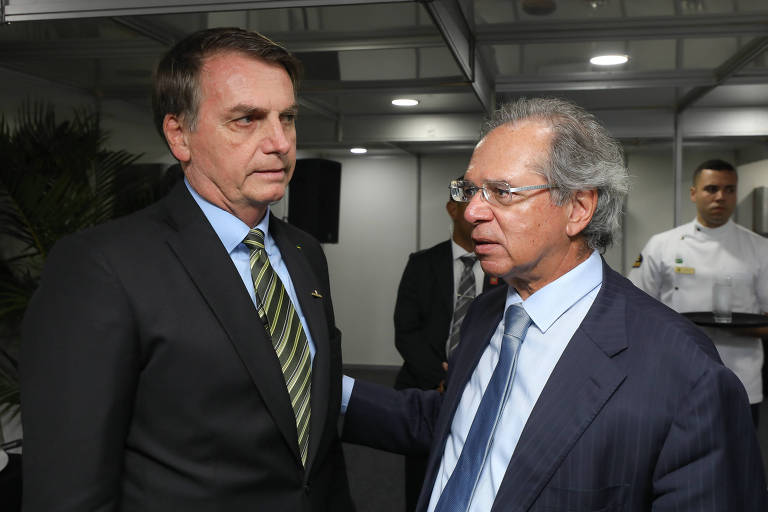Brazil's economy is on an erratic path, according to economic activity released for the third quarter of 2019. The economy shows no signs of consistent recovery, and economic activity still depends on household consumption, trade, and the service sector.
Even the release of the FGTS (Working Time Guarantee Fund) and falling interest rates, the pace of economic reforms have not been sufficient to restore economic confidence, investment, nor the industrial sector. Economists have focused their bets on 2020 when the effects of the current cycle of falling interest rates would make the economy pick up after three years of growth of around 1%.
Recent projections of Brazil's economy have frustrated economists.
"With more monetary stimulus, the tendency of GDP [Gross Domestic Product] is to grow a little more. How much? It is not known, but not much more," says economist Afonso Celso Pastore of AC Pastore & Associados.
In a recent report, AC Pastore highlighted the elements of this analysis. With industry still stagnant, household consumption has sustained the economy since the end of the recession.
However, this consumption expansion is happening at a much slower rate than in other periods - currently, it is below 2% per annum, and between 2006 and 2010, it was around 6% per annum.
One of the reasons for this is the slow resumption of employment and the quality of posts generated. Most are informal, which reduces wages, by the way, purchasing power. Formal employment pays, on average, 25% more than self-employment.
Translated by Kiratiana Freelon
